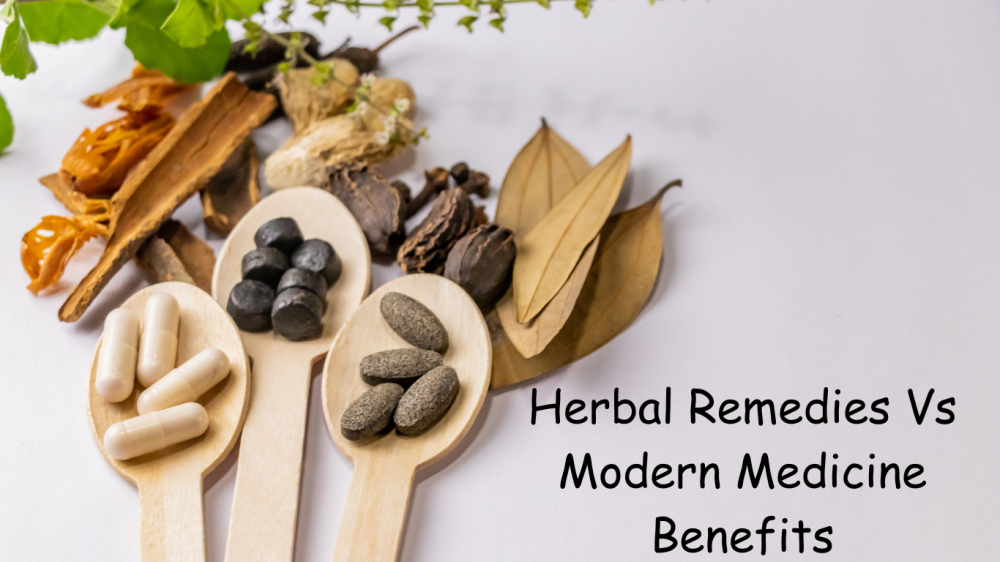
I see a growing interest in the herbal remedies that have been with us for centuries. You might wonder why, despite the advances in modern medicine, these traditional methods persist and even thrive.
It’s no secret that humans have sought the healing powers of plants since ancient times. From the Ayurvedic practices in India to traditional Chinese medicine and the herbal lore of Indigenous peoples, every culture has its legacy. These methods are more than just medicine; they reflect a deep connection to the environment and a respect for the natural world.
The holistic nature of herbal medicine is one of its core attractions. It’s designed to treat the person, not just the ailment, fostering overall well-being rather than just targeting specific symptoms. The emphasis on balance and harmony with one’s body and surroundings is a principle that many find comforting and reassuring.
There’s something inherently appealing about using ingredients that come straight from the earth. People value the organic, less processed elements of these remedies, believing them to be safer and often gentler on the body. While scientific research into herbal medicine is ongoing, there are enough case studies and testimonials to suggest that, for some conditions, these treatments can be effective.
What’s crucial to acknowledge, though, is that the benefits of herbal remedies hinge on the expertise of the practitioner and the quality of the ingredients. Trust is essential, and that trust is built on a combination of historical use and emerging evidence from studies exploring the efficacy and safety of herbal treatments.
Modern Medicine: The Revolution of Healthcare
Modern medicine represents a paradigm shift in human health and well-being. The hallmark of this revolution is its reliance on the scientific method, which ensures that treatments are tested for efficacy and safety before they’re widely adopted.
Life-saving advancements in modern medicine cannot be overstated. The development of vaccines has eradicated diseases like smallpox and polio in much of the world. Antibiotics have transformed the prognosis of bacterial infections, and surgical techniques continue to save countless lives every day.
An important aspect of modern medicine is its rigorous testing and regulation process. Medications and treatments must pass through multiple phases of clinical trials, with an emphasis on safety and effectiveness. This protocol safeguards patients from potential harm and ensures a high standard of care.
Consider the success stories: Hepatitis C, which was once incurable, now has a treatment course with a high cure rate thanks to antiviral drugs. The rapid development of COVID-19 vaccines demonstrated not just scientific innovation, but the ability to adapt quickly to new challenges.
In transitioning to a discussion of combined benefits in the next section, it’s crucial to recognize that modern medicine’s greatest gifts are often in its response to acute and life-threatening conditions, where speed and specificity of treatment are key.
Comparing Benefits: Herbal Remedies Versus Modern Medicine
Deciding between herbal remedies and modern medicine isn’t a matter of choosing sides; it’s about making informed choices for individual health needs. I understand the person who reaches for ginger tea at the first sign of a stomachache as well as the one who doesn’t hesitate to use prescribed medication for relief.
When it comes to efficacy, scientific research and clinical trials give modern drugs the upper hand for measurable results. Herbal remedies have their successes but lack the extensively documented evidence that modern medicine provides.
Considering side effects, natural herbs are perceived as gentler on the body, but this isn’t always the case. Each person’s reaction is unique, and what’s natural isn’t always safe for everyone. By contrast, although modern medications can have side effects, they are rigorously tested and monitored.
Cost is often a significant factor in health decisions. Many herbal remedies boast affordability and are readily available without a prescription. Meanwhile, some modern medications can be expensive, although health insurance may cover them.
The collaborative use of both herbal remedies and modern medicine may offer a comprehensive solution. With the guidance of health professionals, an integrated approach can leverage the benefits of both to improve overall well-being.
Healthcare professionals appreciate the need for options in treatment. The consensus leans toward a balanced view, valuing science-backed medicine for its precision and recognizing the role herbal remedies might play, particularly with everyday ailments and enhancing quality of life.
Ultimately, the choice depends on individual circumstances including health conditions, personal preferences, and the advice of qualified healthcare providers. It’s clear that both herbal remedies and modern medicine have their rightful place in the healthcare spectrum, each with distinct benefits to offer.


Recent Comments